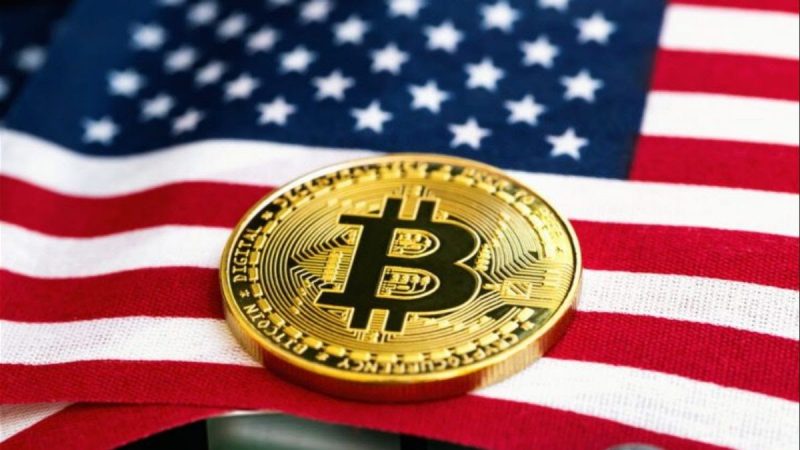Senator Cynthia Lummis recently introduced the Strategic Bitcoin Reserve bill on July 31, calling for the US government to establish a reserve fund for Bitcoin. In just 48 hours, over 2,200 letters were sent to United States senators, urging them to support and co-sponsor this groundbreaking legislation.
Widespread Support Across Party Lines
The response to the bill has been notably bipartisan. Dennis Porter, founder of the Satoshi Action Fund, revealed in an Aug. 3 post on X that Democratic senators received 1,333 letters, Republican senators received 850, and Independents received 41. This broad outreach underscores the widespread interest in Bitcoin and its potential strategic value, transcending political and ideological differences.
The Strategic Bitcoin Reserve Bill
Lummis, a well-known advocate for the crypto industry, introduced the bill with the intention of establishing a national Bitcoin reserve. The proposal outlines the creation of a decentralized network of secure Bitcoin vaults managed by the US Treasury, ensuring stringent cyber and physical security protocols.
The bill’s ambitious goals include accumulating up to 1 million Bitcoin, roughly 5% of the total supply, using existing US Treasury funds. This initiative aims to bolster the country’s financial reserves with a decentralized and scarce asset, providing an alternative to traditional financial instruments like gold.
Potential Global Impact
The establishment of a Strategic Bitcoin Reserve could have far-reaching implications for both the United States and the global cryptocurrency market. By officially recognizing Bitcoin’s value, the US could set a precedent that prompts other nations to consider similar reserves, potentially driving massive global demand for Bitcoin.
Independent presidential candidate Robert F. Kennedy Jr. and Republican nominee Donald Trump have also expressed interest in establishing a US Bitcoin reserve if elected, indicating growing political support for the concept.
